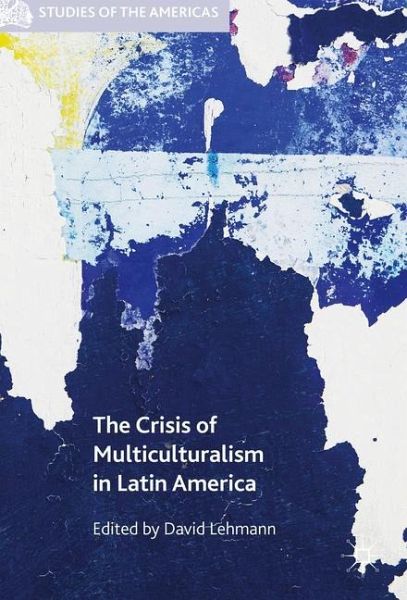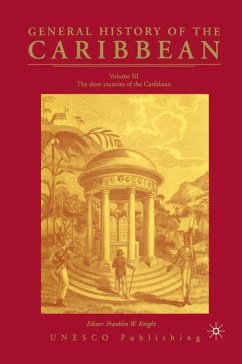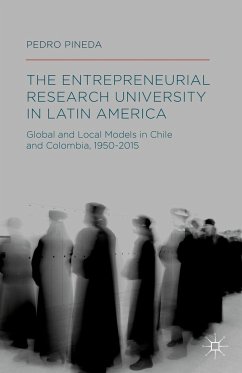
The Crisis of Multiculturalism in Latin America
Versandkostenfrei!
Versandfertig in 6-10 Tagen
83,99 €
inkl. MwSt.

PAYBACK Punkte
42 °P sammeln!
This book presents a challenging view of the adoption and co-option of multiculturalism in Latin America from six scholars with extensive experience of grassroots movements and intellectual debates. It raises serious questions of theory, method, and interpretation for both social scientists and policymakers on the basis of cases in Mexico, Brazil, Argentina, Bolivia, and Ecuador. Multicultural policies have enabled people to recover the land of their ancestors, administer justice in accordance with their traditions, provide recognition as full citizens of the nation, and promote affirmative ac...
This book presents a challenging view of the adoption and co-option of multiculturalism in Latin America from six scholars with extensive experience of grassroots movements and intellectual debates. It raises serious questions of theory, method, and interpretation for both social scientists and policymakers on the basis of cases in Mexico, Brazil, Argentina, Bolivia, and Ecuador. Multicultural policies have enabled people to recover the land of their ancestors, administer justice in accordance with their traditions, provide recognition as full citizens of the nation, and promote affirmative action to enable them to take the place in society which is theirs by right. The message of this book is that while the multicultural response has done much to raise the symbolic recognition of indigenous and Afro-descendant peoples nationally and internationally, its application calls for a profound reappraisal in spheres such as land, gender, institutional design, and equal opportunities. Written by scholars with long-term and in-depth engagement in Latin America, the chapters show that multicultural theories and policies, which assume racial and cultural boundaries to be clear-cut, overlook the pervasive reality of racial and cultural mixture and place excessive confidence in identity politics.














